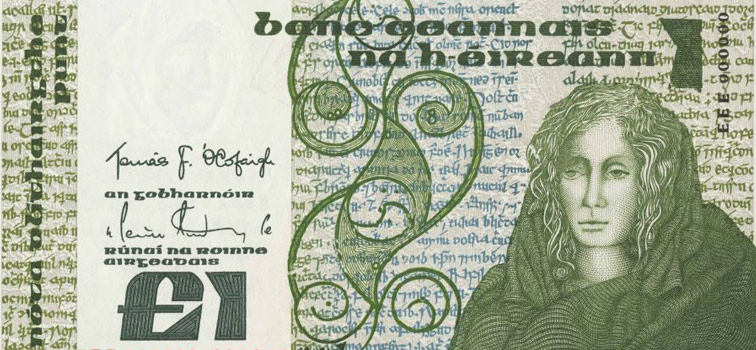Exchange Old or Damaged Money

Please note that the Central Bank of Ireland does not exchange any foreign currency, including sterling. Please visit the Bank of England website for more information on how to exchange sterling.
You can apply to the Central Bank of Ireland to exchange old or damaged money. Through this service, you can exchange:
- IR£ pounds: Old or damaged Irish banknotes and coins
- € euro: Damaged euro banknotes and coins
You cannot exchange:
- Foreign currency, e.g. to convert euro to or from another currency
- Forged or counterfeit money.
If your application is successful, we will reimburse you by transferring funds into a bank account of your choice. We cannot reimburse you in cash.
I want to:
See also: